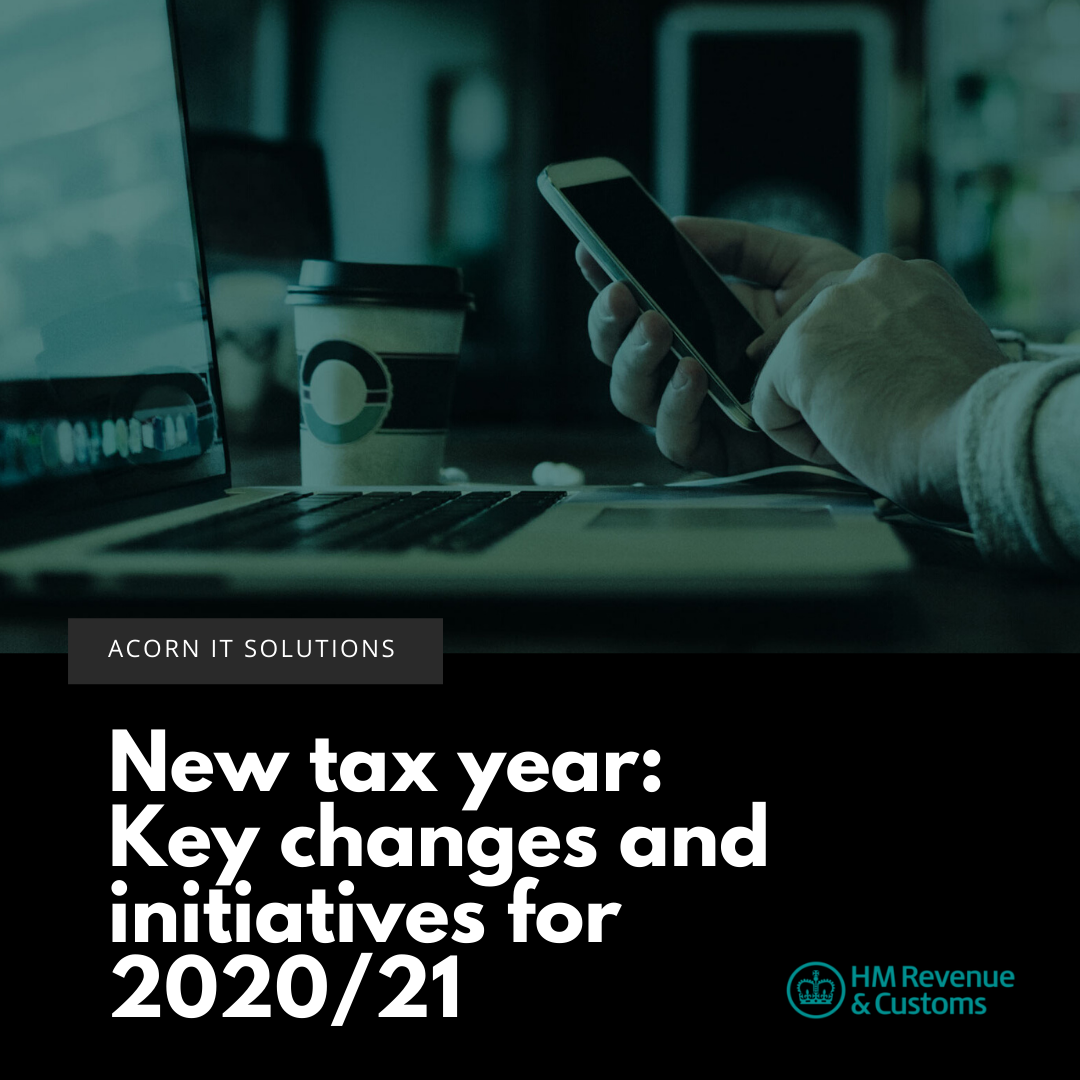The tax year for 2020/21 introduces a number of new changes to tax and payment legislation:
IR35 changes for contractors and businesses:
As of 1 April 2020, medium and large-sized businesses are required to carry out IR35 checks. This removes the requirement of the contractor working for such businesses to self-determine, but might also bring profound administrative challenges when it comes to compliance. IR35 is legislation intended to identify ‘disguised employees’. These are contractors who work at a company in the same way that full-time employees do. But because they’re a contractor working through a personal services company (PSC), they pay less tax and National Insurance. If it’s determined the contractor is indeed a disguised employee, the organisation that pays them via their PSC will have to deduct the same tax and National Insurance contributions. Essentially, this means adding the individual to the payroll – something that has additional administrative consequences for employers.

National Insurance and Personal Allowance:
In the Queen’s Speech, the government announced it’s raising the National Insurance threshold to £9,500 from the 2020/21 tax year. In other words, employees earning less than this will pay no National Insurance, while other employees will pay National Insurance contributions only on earnings over £9,500.
Farming subsidies following Brexit:
Although not a measure for the new tax year, the government has announced it’s providing £3bn in funding for farmers and rural communities in 2020. This will supplement European Union (EU) funding until 2023, at the latest, following the UK leaving the EU and therefore having left the Common Agricultural Policy (CAP).
VAT reverse charge for construction:
The VAT reverse charge for construction will now come into effect in October 2020. Only affecting those already enrolled in the Construction Industry Scheme (CIS), the new rules mean sub-contractors providing services to a VAT-registered customer will no longer have to account for the VAT. Instead, the customer will account for the VAT –it will be considered input tax for them, as if they’ve made the supply to themselves.
Retail rate discounts:
For the 2020/21 tax year, the retail discount scheme that sees some shops pay lower rates is being raised to 50%. This new discount applies to occupied retail properties with a rateable value of less than £51,000 – shops, restaurants, cafes, and drinking establishments. New for 2020/21 are the inclusion of cinemas and live music venues. Local councils administer the rate decreases.
Minimum wages:
As of 1 April 2020, the National Living Wage rises by 6.2%, ushering in a minimum rate for workers over the age of 25 of £8.72 an hour. The government forecasts the National Living Wage will rise to £10.50 by 2024. Other increases include:
- 21-24 year olds: 6.5% increase from £7.70 to £8.20
- 18-20 year olds: 4.9% increase from £6.15 to £6.45
- Under 18s: 4.6% increase from £4.35 to £4.55
- Apprentices: 6.4% increase from £3.90 to £4.15
VAT rises:
As with income tax and National Insurance, the government says it has committed not to increase VAT, so it should stay at the current standard rate of 20%, reduced rate of 5%, and zero rate of 0%.
Conclusion
This isn’t a big year for tax changes, which is perhaps understandable given the uncertainty around Brexit and preparations for the end of the transition period. However, there are some adjustments that business and especially payroll departments have to be aware of.
Undertaking any necessary changes well in time for 1 April 2020 will ensure the smoothest transition – and allow time for any problems that arise to be dealt with.
Contact Acorn BMS for more information on how to ensure compliance.

